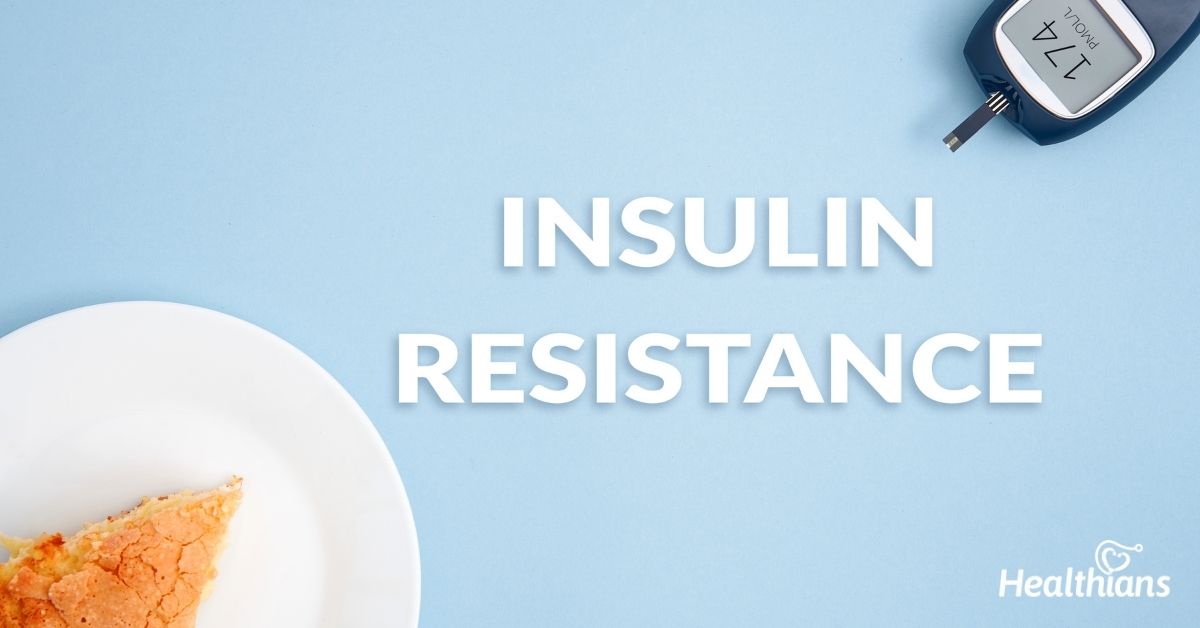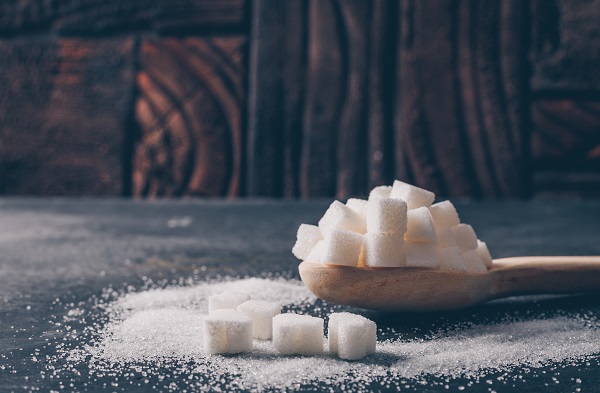Contributed by – Healthians Team
The body’s main source of fuel is glucose, also known as blood sugar. We get glucose from carbohydrates which are found in foods like grains, fruits, vegetables and dairy products. When the stomach digests food, the carbohydrate in the food breaks down into glucose. The stomach and small intestine absorb some amounts of glucose and then release it into the bloodstream. Insulin is a hormone that helps your body to remove glucose from the blood and use it for the production of energy in the cells. With insulin resistance, the cells are not able to absorb glucose and as a result, there is glucose build-up in the blood leading to diabetes. In this article, you’ll know more about what insulin resistance is, its signs, symptoms, and prevention.

What is insulin resistance?
Insulin resistance occurs when your muscles, body fat, liver start resisting the signals of insulin to absorb glucose. As a result, high levels of insulin are produced by the pancreas for maintaining permissible blood sugar levels. And beyond a point, the pancreas becomes unable to maintain the release of extra insulin to compensate for the cells’ increasing resistance leading to high blood sugar levels in the blood. The elevated level of blood sugar is a risk factor for the development of diabetes and heart diseases.
What are the signs and symptoms of insulin resistance?
The signs and symptoms of insulin resistance you should keep an eye on include:
- Extreme thirst or hunger
- Feeling hungry even after a meal
- Frequent urination
- Tingling sensations in hands or feet
- Feeling more tired
- Frequent infections
High insulin resistance can also be indicated through abnormalities in various health parameters such as HDL levels, blood sugar levels, and triglyceride levels.
[Also read: Why is healing slow in diabetes?]
What are the risk factors that can cause insulin resistance?
Risk factors that can cause insulin resistance include:
- Obesity
- Family history of diabetes
- Smoking
- Hormonal disorders
- Sedentary lifestyle
- High carbohydrate diet
- Lack of sleep

How can insulin resistance be diagnosed?
Some tests that can help diagnose insulin resistance:
- HbA1C test: HbA1C test measures a person’s average blood sugar level for the last 2–3 months.
- Fasting blood glucose test: A doctor checks for blood glucose levels after a person fasts for 8 or more hours. For a fasting blood glucose test, blood sugar level higher than 125 mg/dL indicates diabetes.
- Random glucose test: Your doctor checks your blood glucose level at any point during the day. For a random blood glucose test, blood sugar level higher than 200 mg/dL indicates diabetes.
Blood sugar levels above the normal range may indicate that the body is becoming resistant to insulin.
[Also read: What is fasting before a blood test?]
How can it be treated and prevented?
After the diagnosis, your doctor will prescribe you some medications for the treatment and advise you to make some lifestyle changes. By making these lifestyle changes, you can manage the insulin resistance condition. You should follow these steps to reduce the effect of insulin resistance and avoid the risk of heart stroke and diabetes.
- Proper nutrition: Losing weight by eating a balanced low carb diet can reduce the risk of insulin resistance.
- Intermittent fasting: The easiest way to start intermittent fasting is by cutting out all your snacks in between meals. A 24-hr fast once or twice a week can help some people to lower the effects of insulin resistance over a period of time. This provides the cells with an opportunity to recover and become more sensitive to insulin.
- Exercise: The more active you are, the more blood sugar your muscles take out of your bloodstream. This lowers the need for insulin.
- Get an adequate amount of sleep: You should aim for at least 7-8 hours of sleep because an adequate amount of sleep is vital for lower blood sugar levels and prevention of insulin resistance.
These steps need to be followed regularly to reduce insulin resistance. Early prevention and regular health checkup are two main factors to reduce insulin resistance. If you have these symptoms mentioned above, you should consult with a doctor or go for a regular health checkup to know about your health conditions.




